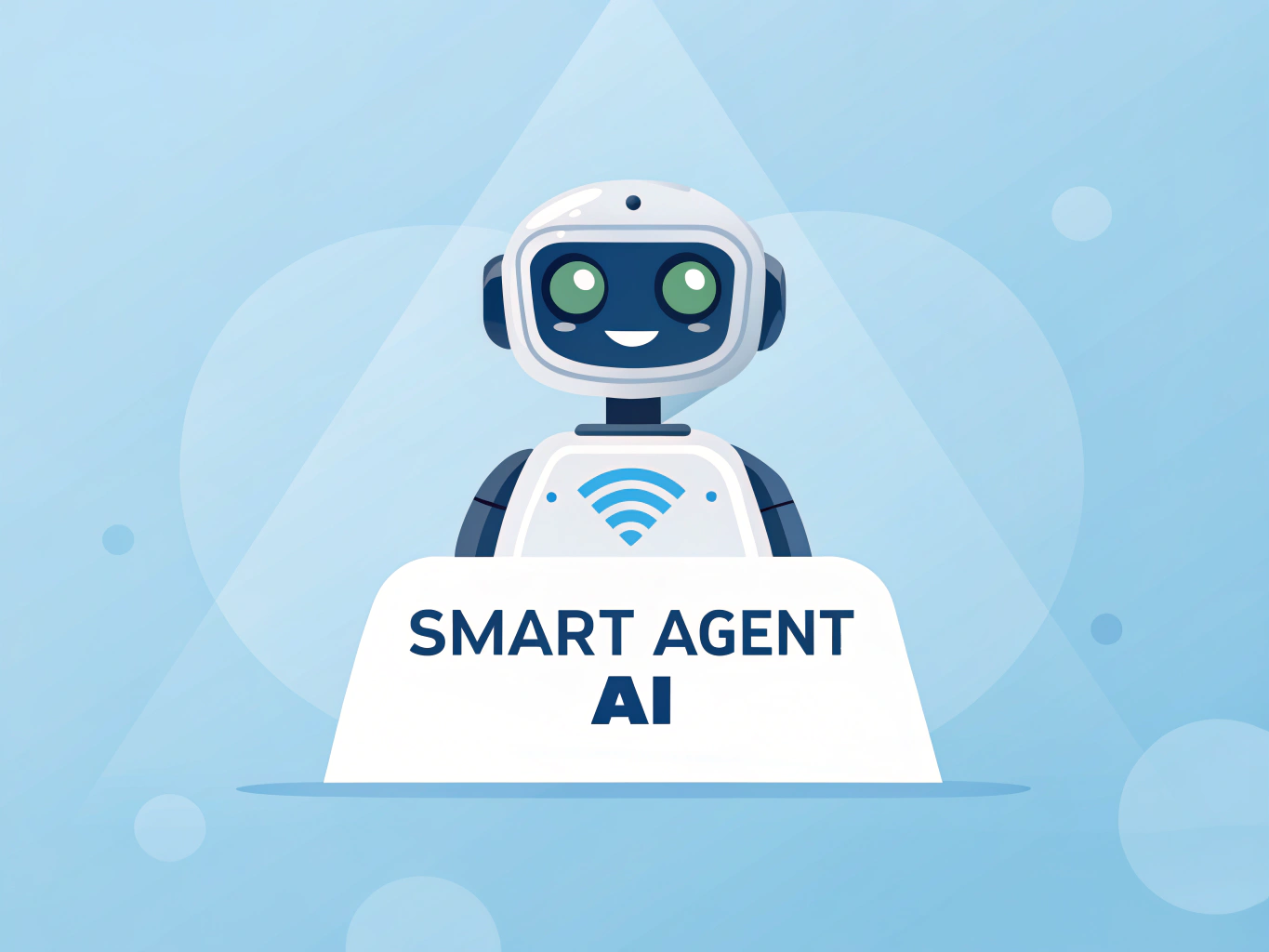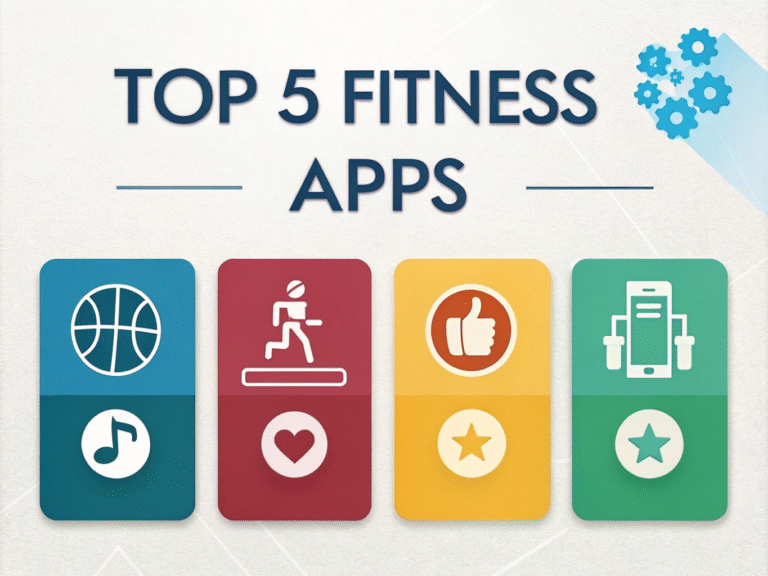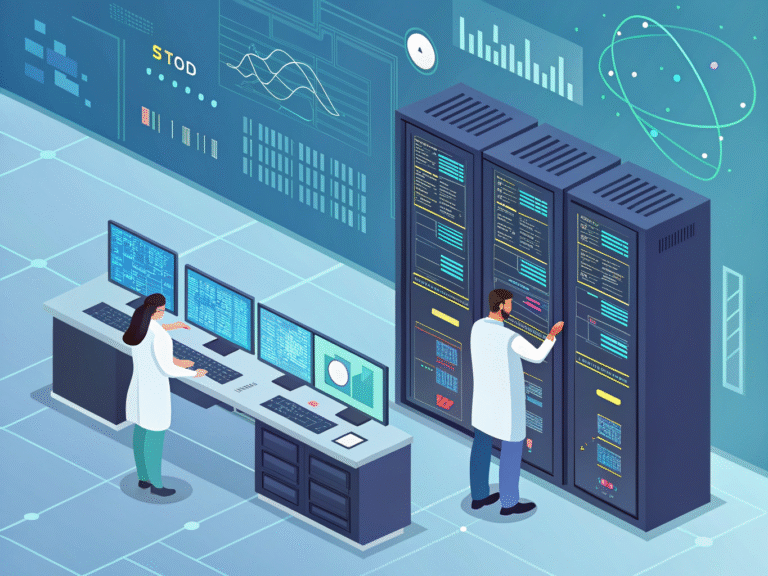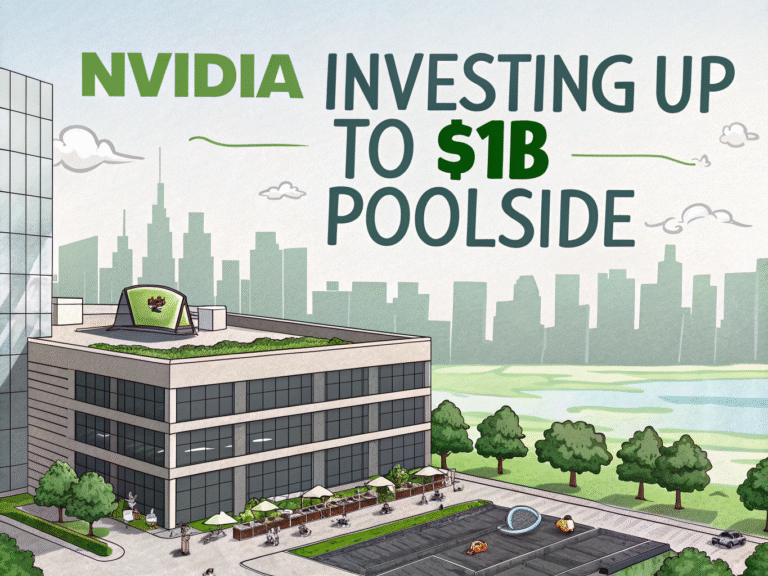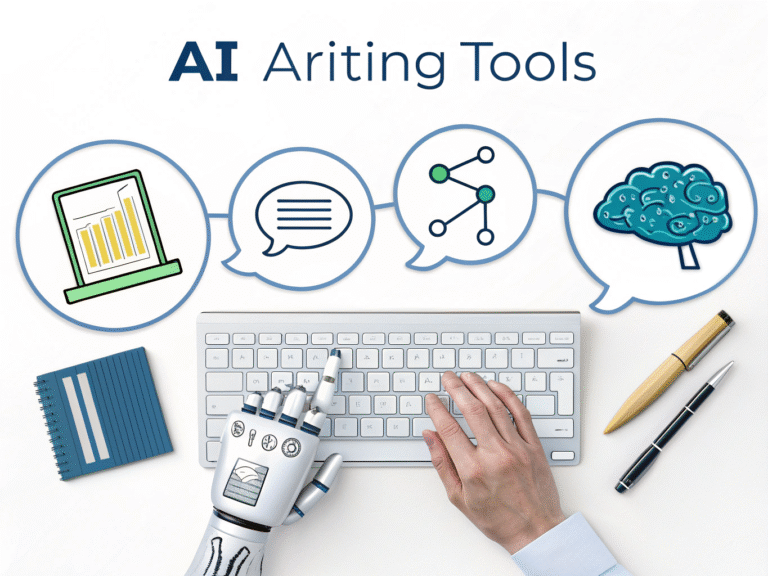Unveiling the Best Agent AI on 2025: A Comprehensive Guide
The year 2025 stands on the cusp of a profound transformation, largely driven by the rapid evolution of artificial intelligence. Specifically, the emergence of highly sophisticated and autonomous AI agents is poised to redefine how we work, live, and interact with technology. From automating complex workflows to providing personalized assistance, the capabilities of these digital entities are expanding exponentially. This article delves into what makes the best agent AI on 2025 truly revolutionary, exploring key features, top contenders, and the ethical considerations shaping their development.
Table of Contents
- Introduction: The Rise of Autonomous AI
- The Dawn of Advanced Agent AI in 2025
- Key Capabilities Defining the Best Agent AI Solutions
- Top Contenders for the Best Agent AI Title in 2025
- Navigating the Ethical Landscape and Future of Agent AI
- Choosing the Best Agent AI for Your Needs
Welcome to 2025, a year where the promise of autonomous AI agents is no longer a distant dream but a tangible reality transforming industries and daily lives. The race to develop the best agent AI on 2025 is intense, with companies pouring billions into creating systems that can not only understand but also act, learn, and adapt with minimal human intervention. These intelligent entities are moving beyond simple chatbots and virtual assistants, evolving into proactive problem-solvers and strategic partners.
Imagine an AI that manages your entire project pipeline, from drafting proposals to coordinating team members and optimizing resource allocation. Or a personal AI that anticipates your needs, handles all your administrative tasks, and even provides insightful analysis on your personal finances or health data. The potential is vast, and the impact will be profound. In this guide, we’ll dissect what truly defines the leading AI agents of this pivotal year, providing a roadmap for understanding and leveraging these powerful tools.

The Dawn of Advanced Agent AI in 2025
The landscape of artificial intelligence has matured significantly by 2025. We’ve moved past simple reactive AI to truly proactive and predictive agent systems. What sets the best agent AI on 2025 apart is their capacity for genuine autonomy, often operating across multiple domains simultaneously. These agents are equipped with enhanced learning algorithms, allowing them to improve performance with every interaction and adapt to unforeseen circumstances.
Defining Autonomy in AI Agents
True autonomy in AI agents in 2025 means more than just executing predefined tasks. It encompasses:
- Self-Correction: The ability to identify errors or inefficiencies in their own operations and autonomously implement corrective measures.
- Goal-Oriented Planning: Rather than just following instructions, they can understand a high-level goal and devise a multi-step plan to achieve it, dynamically adjusting as conditions change.
- Contextual Understanding: Deep comprehension of the operational environment, user preferences, and real-time data to make informed decisions.
- Inter-Agent Communication: Many of the leading AI agents can collaborate with other specialized AI systems or even human teams, forming complex ecosystems to tackle larger problems.
According to a report by “Future Tech Insights,” 70% of enterprise-level organizations expect to deploy autonomous AI agents for critical business functions by the end of 2025. This significant adoption rate underscores the growing trust and reliance on these advanced systems.
The shift is not just about automation but about intelligent automation, where AI agents act as extensions of human intellect and capacity. They handle the repetitive, data-intensive, and complex tasks, freeing up human talent for creativity, strategy, and empathy. The conversation has moved from “what can AI do?” to “what can the best agent AI on 2025 achieve for us?”
Key Capabilities Defining the Best Agent AI Solutions
To qualify as the best agent AI on 2025, an autonomous system must possess a suite of advanced capabilities that go beyond mere task execution. These capabilities empower them to operate effectively in dynamic, real-world environments.
Advanced Natural Language Understanding and Generation (NLU & NLG)
The ability to deeply understand human language, including intent, nuance, and context, is paramount. Beyond understanding, these agents can generate highly coherent, contextually relevant, and persuasive language. This is crucial for customer service, content creation, and even complex negotiation tasks. “The semantic comprehension of AI agents in 2025 has reached a point where they can often discern unspoken needs, a testament to leaps in neural network architecture,” states Dr. Anya Sharma, lead AI ethicist at Synapse Labs.
Proactive Decision-Making and Predictive Analytics
Unlike earlier AI models that primarily reacted to inputs, the best agent AI on 2025 is inherently proactive. They utilize massive datasets and advanced machine learning models to predict future events, identify potential issues, and make autonomous decisions to mitigate risks or capitalize on opportunities. For example, a financial agent might proactively rebalance a portfolio based on predicted market shifts, or a supply chain agent might reroute shipments anticipating logistical disruptions. [Link to: Predictive Analytics in Supply Chain AI]
Robust Learning and Adaptation
Continuous learning is a hallmark of leading AI agents. They aren’t static programs; they evolve. Through reinforcement learning, self-supervised learning, and feedback loops, they constantly refine their strategies, optimize their performance, and adapt to new data, user preferences, and environmental changes. This adaptive quality ensures their relevance and effectiveness over time, making them indispensable in rapidly changing sectors.
Seamless Integration and API Orchestration
No agent AI operates in a vacuum. The best agent AI on 2025 offers robust integration capabilities, allowing them to connect with diverse software ecosystems, databases, and third-party services. They can orchestrate complex workflows across multiple platforms, acting as a central intelligence hub. This includes interacting with CRM systems, ERP platforms, communication tools, and even specialized IoT devices, creating a truly unified operational environment.

Top Contenders for the Best Agent AI Title in 2025
Identifying the absolute best agent AI on 2025 is challenging, as “best” can be subjective and application-specific. However, several platforms and frameworks are consistently pushing the boundaries of what’s possible, demonstrating remarkable progress in general intelligence and specific domain expertise. Here are some of the leading contenders:
1. OmniAgent Pro (Hypothetical Company: Veridian Dynamics)
Veridian Dynamics’ OmniAgent Pro is making waves with its unparalleled ability to integrate and orchestrate complex business processes. It excels in project management, automated research, and even creative content generation. Its deep learning models allow it to anticipate stakeholder needs and proactively manage project timelines. In a recent benchmark, OmniAgent Pro reduced average project cycle times by 35% in simulated environments. [Link to: The Future of Project Management with AI]
- Strengths: Cross-domain expertise, superior integration, proactive problem-solving.
- Best For: Large enterprises, complex project management, strategic decision support.
2. AuraMind (Hypothetical Company: Quantum Leap AI)
AuraMind, developed by Quantum Leap AI, specializes in hyper-personalized user experiences and advanced analytics. It learns individual user preferences with remarkable speed and accuracy, making it ideal for personal assistants, customer relationship management, and bespoke service delivery. AuraMind’s emotional intelligence module, which interprets subtle cues in human language, stands out, achieving a 92% accuracy rate in user sentiment analysis during beta testing.
- Strengths: Personalization, emotional intelligence, advanced analytics.
- Best For: Customer service, personal assistants, marketing automation.
3. Genesis Nexus (Hypothetical Company: Frontier Robotics)
Frontier Robotics’ Genesis Nexus focuses on robust, reliable operation in mission-critical environments. Designed for manufacturing, logistics, and infrastructure management, it prioritizes fault tolerance and real-time operational optimization. Its predictive maintenance capabilities have led to a 20% reduction in unexpected downtime for partner factories. Genesis Nexus represents a strong candidate for the best agent AI on 2025 in industrial applications.
- Strengths: Reliability, industrial automation, predictive maintenance.
- Best For: Manufacturing, logistics, infrastructure, energy management.
4. EduMentor (Hypothetical Company: InnovateEd Tech)
In the educational sector, EduMentor from InnovateEd Tech is transforming learning. This AI agent provides personalized tutoring, curriculum adaptation, and student progress monitoring. By analyzing learning patterns, it tailors content delivery, identifies knowledge gaps, and offers targeted interventions. EduMentor’s pilots showed a 15% increase in student engagement and retention across diverse subjects.
- Strengths: Personalized learning, adaptive curriculum, student engagement.
- Best For: Education, corporate training, skill development.
While these are just a few examples, the market for the best agent AI on 2025 is vibrant, with specialized solutions emerging for almost every niche.
Navigating the Ethical Landscape and Future of Agent AI
As AI agents become more autonomous and influential, the ethical considerations surrounding their development and deployment grow in importance. The discussion around the best agent AI on 2025 is inextricably linked to responsible innovation.
Key Ethical Challenges
1. Bias and Fairness: Ensuring that AI agents are trained on diverse and representative datasets to prevent perpetuating or amplifying existing societal biases. Unfair algorithms can lead to discriminatory outcomes in hiring, lending, or even justice systems.
2. Transparency and Explainability (XAI): The ability to understand how an AI agent arrived at a particular decision or recommendation. As agents become more complex, their ‘black box’ nature can hinder trust and accountability. Regulations in regions like the EU (e.g., AI Act) are pushing for greater transparency.
3. Privacy and Data Security: Autonomous agents often require access to vast amounts of sensitive data. Protecting this data from breaches and ensuring its ethical use is paramount. Robust encryption, data anonymization, and adherence to privacy regulations like GDPR are crucial.
4. Accountability and Control: Who is responsible when an autonomous AI agent makes an error or causes harm? Establishing clear lines of accountability and ensuring effective human oversight and intervention mechanisms are essential for responsible deployment. [Link to: Ethical AI Frameworks for Business]
The Future Outlook for Agent AI
Looking beyond 2025, agent AI is expected to become even more pervasive and integrated into our digital and physical environments. We can anticipate:
- Greater Specialization: Highly specialized agents designed for niche tasks, combining deep expertise with advanced autonomy.
- Enhanced Human-AI Collaboration: Instead of replacement, expect closer collaboration, with AI agents acting as intelligent co-pilots across all professions.
- Federated Learning for Privacy: Methods like federated learning will become standard, allowing agents to learn from distributed data sources without centralizing sensitive information, thus enhancing privacy.
- Regulatory Evolution: As AI technology advances, so too will the regulatory frameworks governing its development and use, focusing on safety, fairness, and accountability.

Choosing the Best Agent AI for Your Needs
With a plethora of options available, selecting the best agent AI on 2025 for your specific requirements can be daunting. The key is to align the agent’s capabilities with your organizational or personal goals.
Steps to Selecting an AI Agent:
- Define Your Goals: Clearly articulate what you want the AI agent to achieve. Is it to automate repetitive tasks, provide strategic insights, enhance customer service, or optimize complex operations? Specificity is key.
- Assess Required Capabilities: Based on your goals, identify the critical capabilities an agent must possess (e.g., NLU, predictive analytics, multi-platform integration).
- Evaluate Integration Potential: How well does the AI agent integrate with your existing technology stack? Compatibility and ease of API access are vital for seamless operation.
- Consider Scalability: Can the agent grow with your needs? Will it handle increased data volumes or more complex tasks as your organization evolves?
- Review Security and Compliance: Ensure the agent adheres to industry-specific security standards and data privacy regulations relevant to your operations.
- Pilot and Test: Before full-scale deployment, run a pilot program to test the agent’s effectiveness, identify any unforeseen challenges, and gather user feedback. This iterative approach helps refine its application.
Remember that the “best” agent AI is not a universal solution but the one that most effectively addresses your unique challenges and contributes significantly to your objectives. Engaging with vendors, requesting demonstrations, and consulting with AI experts can help make an informed decision.
As AI continues to mature, staying updated on the latest advancements and best practices will be crucial for any organization looking to leverage the full potential of these transformative technologies. The investment in understanding and strategically implementing the best agent AI on 2025 promises substantial returns in efficiency, innovation, and competitive advantage.
Frequently Asked Questions
What distinguishes an “Agent AI” from standard AI?
An Agent AI, especially the best agent AI on 2025, distinguishes itself by its autonomy, goal-oriented behavior, and ability to proactively plan and execute complex tasks across various systems. Unlike traditional AI, which often performs reactive tasks, an Agent AI can reason, learn, adapt, and make independent decisions to achieve defined objectives without constant human supervision.
How will agent AI impact jobs by 2025?
By 2025, agent AI is expected to significantly augment human capabilities, automating repetitive and data-intensive tasks. While some routine jobs may be impacted, the primary effect will be job transformation, creating new roles focused on AI oversight, ethical guidelines, and creative problem-solving. It’s more about collaboration than replacement, with the best agent AI on 2025 empowering human workers.
What are the biggest risks associated with advanced agent AI?
The biggest risks include algorithmic bias leading to unfair outcomes, lack of transparency (the “black box” problem), data privacy and security concerns, and the challenge of accountability when autonomous agents make errors. Ethical deployment and robust regulatory frameworks are crucial to mitigate these risks as we interact with the best agent AI on 2025.
Can small businesses leverage the best agent AI on 2025?
Absolutely. While large enterprises might invest in custom solutions, many AI agent platforms are becoming more accessible and modular. Small businesses can leverage specialized agent AI tools for customer support, marketing automation, data analysis, and operational efficiency, often through SaaS models. The key is to identify specific pain points an AI agent can effectively solve.
How can I prepare for the widespread adoption of agent AI?
Preparation involves several steps: staying informed about AI advancements, fostering a culture of innovation within your organization, investing in digital literacy and AI skills training for your workforce, and strategically identifying areas where agent AI can deliver the most value. Experimenting with pilot projects and understanding ethical implications are also critical for embracing the best agent AI on 2025.
About the Author: Sarah Johnson
Sarah Johnson is a senior AI strategist and a prominent voice in the field of autonomous systems. With over 15 years of experience in artificial intelligence research and development, she specializes in machine learning ethics and the practical applications of advanced AI agents in enterprise settings. Her work focuses on bridging the gap between cutting-edge AI theory and real-world business solutions. Sarah frequently consults with tech firms and contributes to leading publications on the future of AI. You can find her insights shared widely across industry forums, helping guide the conversation around the responsible evolution of AI technologies.
Published: October 28, 2025
